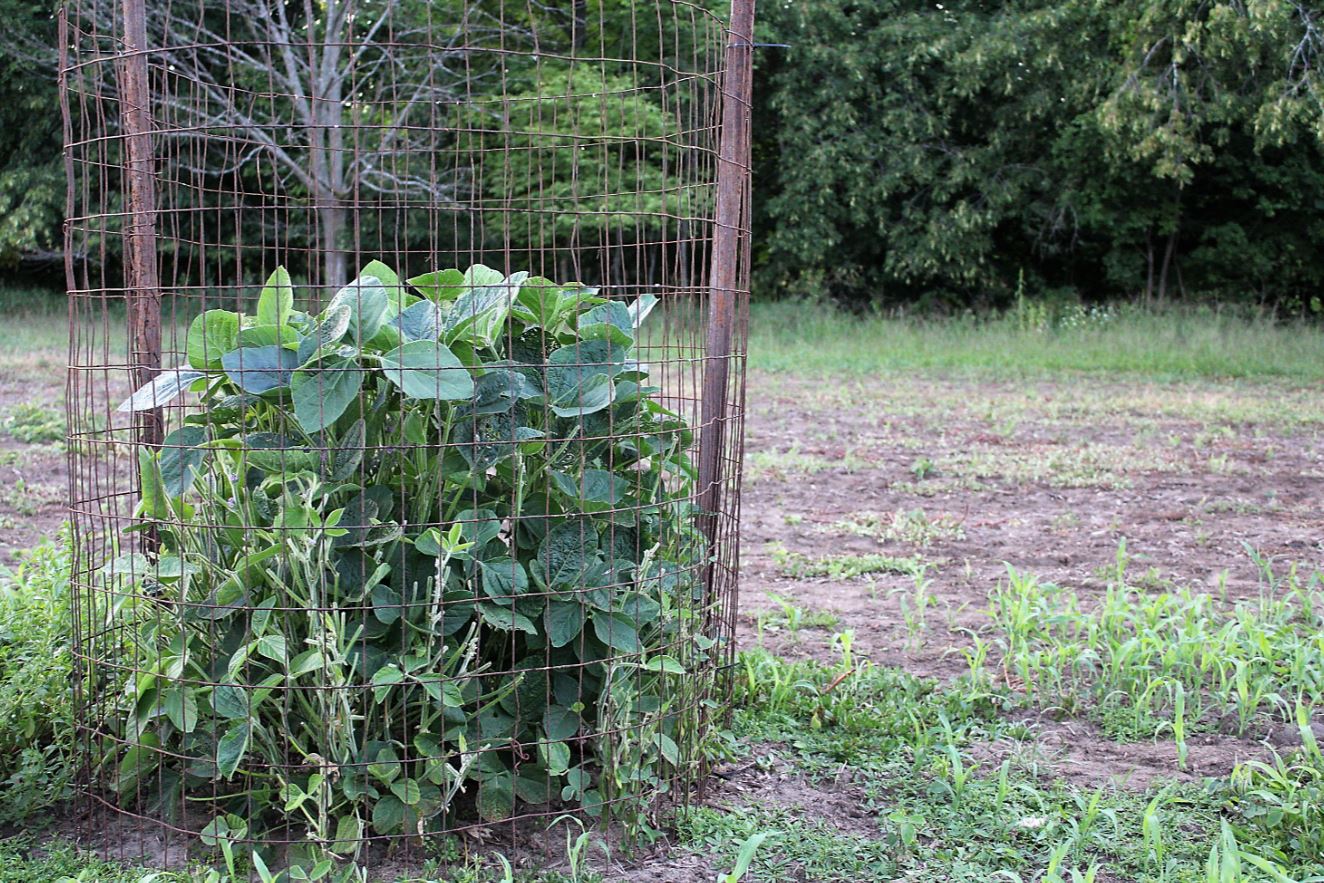In the Field: Deer Habitat Series 2020
YOU’RE INVITED
In 2020, the Michigan Wildlife Cooperatives Program, a program supported by Michigan United Conservation Clubs (MUCC), Michigan Department of Natural Resources (MDNR), Quality Deer Management Association (QDMA) and Pheasants Forever (PF), is hosting a deer habitat series that will provide attendees with an in-field habitat experience with top conservation professionals. Participants will tour actively managed forest stands, fields, grasslands and wetlands. These events will also provide access to some of the state’s most valued wildlife professionals.
This series is presented by the Michigan Wildlife Cooperatives Program in partnership with the Michigan Quality Deer Habitat Facebook group, QDMA Branches, and cooperatives to highlight properties that show successful and unique habitat investments. Each property is part of a wildlife cooperative, which means that the landowners participate in landscape-level management to maximize habitat work and value to wildlife while promoting land stewardship.
Stay tuned for part 2 of the habitat series that will focus on grassland
Events
April 11, 2020 Spring Habitat Management Property Tour in Keno, MI
This property tour will be hosted by the Keno Area QDM Cooperative. This cooperative has strategically managed their 70 acres for whitetails. During the tour, you will get to see how the property was transformed, where mistakes were made, live demonstrations, property layout, the use of water holes, hunting strategy and more. Lunch will be provided.
Time: 12 pm to 3 pm
Featured speakers:
Dr. Jim Brauker will be joining to give live feedback, chainsaw demonstrations and a presentation.
Live Demonstrations:
- Hinge cutting with and without tools
- Tree planting from bare root and plugs (pros and cons of both)
- Last-minute apple tree pruning
- Frost Seeding
- Mock Scrape Setup
April 18, 2020 Crockery Creek Co-op Habitat Day in Coopersville, MI
This is opening day of turkey season. To combat this, the event will not start until after 12 pm to accommodate participants that would like to hunt in the morning. Crockery Creek Co-op’s property features a unique variety of field, plots and forestry and was highlighted at the 2018 Deer Rendezvous – a popular event held for QDMA Branches and wildlife cooperatives.
Time: 1 pm to 4:30 pm (tentatively)
Featured Speakers: TBD
Featured topics:
- Timber harvests
- Hinge cuts
- Deer trail blocks and steerings
- Entry and exit strategies
- Sanctuary bedding areas
- Prescribed fire (demonstration weather dependent)
- River bottoms
- Topography
- Open farm ground
- Conifer plantings for thermal cover
- Soft edge tree plantings
- Switchgrass plantings, screens, and bedding cover
- Rotational food plots
- Tree and food plot protection fencing
- Licking branch setups
- Horizontal rub setups
April 25, 2020 Robb’s Creek Co-op and Allband Habitat Day in Curran, MI
This property features 600+ acres of the managed habitat that has been done personally, through the cooperative and in partnership with other conservation organizations. With an emphasis on forestry, this property also has firsthand experience dealing with tree disease and pests. A local forester worked with the co-op to handle this situation and make proactive plans for future forestry management.
Time: 10 am to 2 pm
Featured Speakers: More TBD
Eric Brandon – District Forester, Alcona and Iosco Counties
Featured topics:
- Timber cutting methods
- Regeneration of cuttings
- Food plots (and reduction of)
- Spruce budworm and oak wilt
- 10-acre lake project
- State forestry program
- Stand access strategies
May 3, 2020 Habitat Expo in Grass Lake, MI
~ ONLY A FEW SPOTS REMAINING ~
The 70-acre farm that will be featured at the Habitat Expo is part of the Mill Creek Cooperative in Grass Lake, MI. It is entering its 3rd year of habitat renovations and will highlight an 18-acre ag field conversion to early successional growth, 2019 TSI, utilization of switchgrass for screening and cover, hinge cutting for screening, bedding, manipulating deer travel, and increasing browse, fruit tree plantings, and a 5-acre tree/shrub planting.
Time: Lunch and expert discussions – 11 am to 12:30 pm, Property tour – 12:30 pm to 3 pm
Featured Experts:
Morgan Warda-Jennings – MUCC (Michigan United Conservation Club) as the state cooperative coordinator, Morgan will discuss best in class practices for starting your own wildlife co-op.
John Komp – Owner of Northwoods Whitetails Food Plot See Co., will discuss food plot mixes, soil heath, Plot Screen and planting times.
Kyle Perry – Owner of Dreamland Wildlife Properties, will discuss the benefits of a Wildlife Management Plan, no-till planting, crimper rollers, and creating your own wildlife paradise.
Jared Van Hees – Host of Habitat Podcast, will share his expert knowledge around habitat improvement practices and discuss the importance of a detailed plan when setting up or improving the property for deer hunting.
Featured topics:
- Small controlled burn demonstration (weather permitting)
- No-till food plots and equipment, crimper rollers, soil health
- Food plot preparation, planting, and seed mixes
- Plot Screen best practices
- Switch Grass planting best practices
- Hinge Cutting Techniques and demonstration
- Property Set Up for Deer Hunting
- Habitat/Wildlife Plans for Federal Programs and more
Each event has limited space available. Follow these directions to register:
- Click on the name of the event you are interested in to open the registration form
- Make sure you choose the correct event in the drop-down menu if there are multiple choices (this is event dependent)
- Submit your registration
- If you have any questions about the events or registration, please contact Morgan at mjennings@mucc.org or 517-346-6454

The post In the Field: Deer Habitat Series 2020 appeared first on Michigan United Conservation Clubs.
Recent Posts



